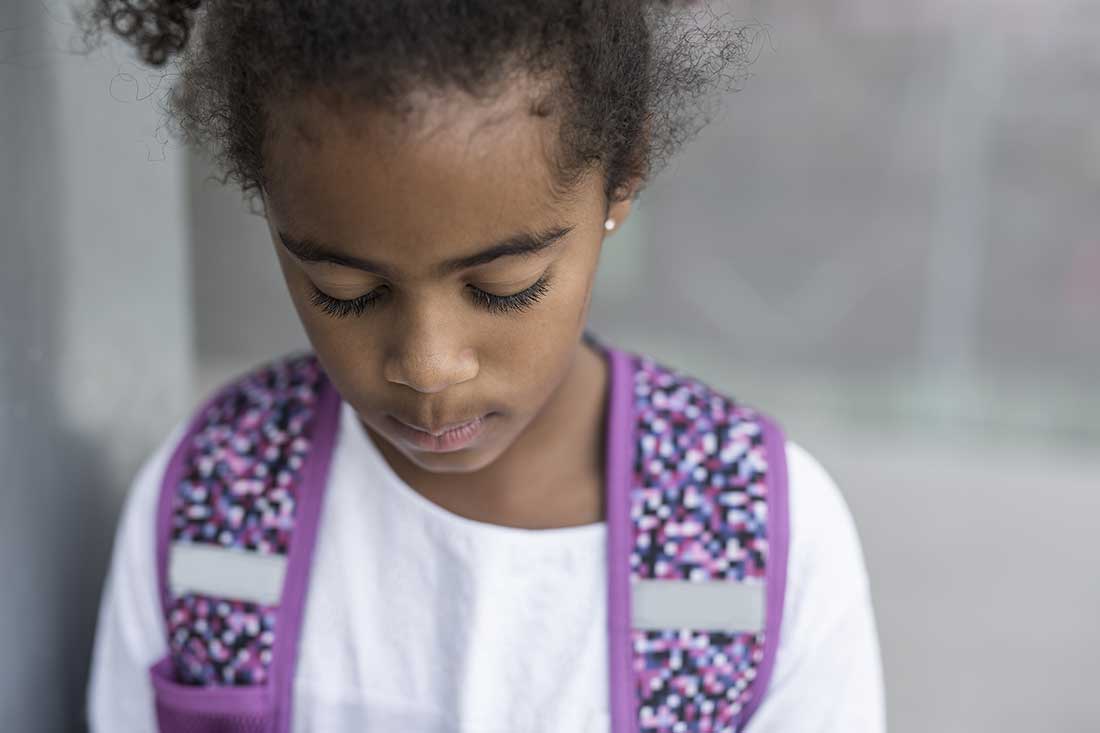
Why is it so hard to change problem behavior—in our kids, our colleagues, and even ourselves?
The answer is actually quite simple. Our understanding of how to change problem behavior comes from our understanding of why the problem behavior exists in the first place. And our explanation for why people behave poorly is typically wrong! When someone doesn’t behave or perform as we would like them to, our default assumption is that they must not be trying very hard; they just don’t want it badly enough. This is true whether we are talking about a child in our home or school, our friend, relative, or partner, an employee whom we manage, or even a professional athlete on our favorite team. As a result, when people fail to meet our expectations, we typically respond with incentives intended to make them try harder in the future. Unfortunately, these conventional methods often backfire, creating a downward spiral of resentment and frustration, and a missed opportunity for growth.
But what if people don’t misbehave because of a lack of desire to do better, but because they lack the skills to do better? What if changing problem behavior is a matter of skill, not will?
Interestingly, neuroscience research has shown for decades now that people who struggle to meet others’ expectations (and even their own!) have challenges with specific thinking skills. It is time to listen to this research and accept the fact challenging behavior is the result of a lack of skill, not will—skills in areas like flexibility, frustration tolerance, and problem-solving.
For the last 20-plus years, I have been teaching an approach called Collaborative Problem Solving to parents, teachers, clinicians, managers, and entire organizations interested in behavior change. The approach is predicated on the simple philosophy that skill, not will, determines behavior. I have had the opportunity to work with some of the toughest settings to try to change some of the most challenging behavior, and I have seen firsthand how powerful and effective this shift in mindset is. The simple but powerful skill, not will philosophy puts us in a far more compassionate and helpful place as a parent, teacher, friend, partner or manager. And the good news is that skills can be taught! We’ve shown that by practicing problem-solving skills, as opposed to resorting to incentives and punishments, you can improve just about anyone’s behavior. So the next time someone’s behavior frustrates you, remind yourself that we are all doing the best we can to handle what life is throwing at us. And if we aren’t handling it well, it’s probably more about skill than will. In fact, people who struggle with these skills are likely trying harder than anyone else to behave themselves—because it doesn’t come naturally to them.
I’m excited to announce the arrival of my new book, Changeable,which starts shipping June 5th! In the book, I review the research behind this way of understanding challenging behavior and describe the simple and remarkably effective framework that Collaborative Problem Solving provides for helping anyone in your life (even yourself!) build skills related to flexibility, frustration tolerance, and problem-solving. I describe my experience applying the approach in some very tough settings, including state psychiatric hospitals for chronically mentally ill adults, prisons, residential treatment centers working with traumatized youth, and with police officers working in schools in the poorest congressional district in the United States. Regardless of setting, the basic tenets of the approach are the same. I then detail the implications for anywhere there is conflict between us humans, whether or not there is a power differential present—parent-child interactions, teacher-student interactions, relationships with friends, partners, and family members, as well as with employees and supervisees. Perhaps the furthest-reaching implications apply to problems on the world stage. In the book, I make the case that we all might benefit from a more compassionate and empathic stance towards others and legitimate attempts to solve problems in mutually satisfactory ways.
I hope you will join me here in the future as I go into more detail on different aspects of the model and tackle all kinds of related topics with some guest experts as well. For now, remember these 3 key take-aways:
References
Ablon, JS. Changeable: How Collaborative Problem Solving Changes Lives at Home, at School, and at Work. New York: Penguin Random House; 2018.
Greene, RW, Ablon JS, Monuteaux, MC, Goring, JC, Henin, A, Raezer-Blakely, L, Edwards, G. Markey, J & Biederman, J. Effectiveness of Collaborative Problem Solving in affectively dysregulated children with oppositional defiant disorder: Initial findings. JCCP, 2004; 72(6): 1157-1164.
Pollastri, AR, Epstein, LD, Heath, GH, & Ablon, JS. The Collaborative Problem Solving approach: Outcomes across settings. Harvard Review of Psychiatry, 2013, 21(4), 188-199.
Pollastri, AR, Lieberman, RE, Boldt, SL & Ablon, JS (2016) Minimizing Seclusion and Restraint in Youth Residential and Day Treatment Through Site-Wide Implementation of Collaborative Problem Solving, Residential Treatment for Children & Youth, 33:3-4, 186-205
This article originally appeared on Psychology Today – “Help Anyone Change Their Behavior—Even Yourself!”